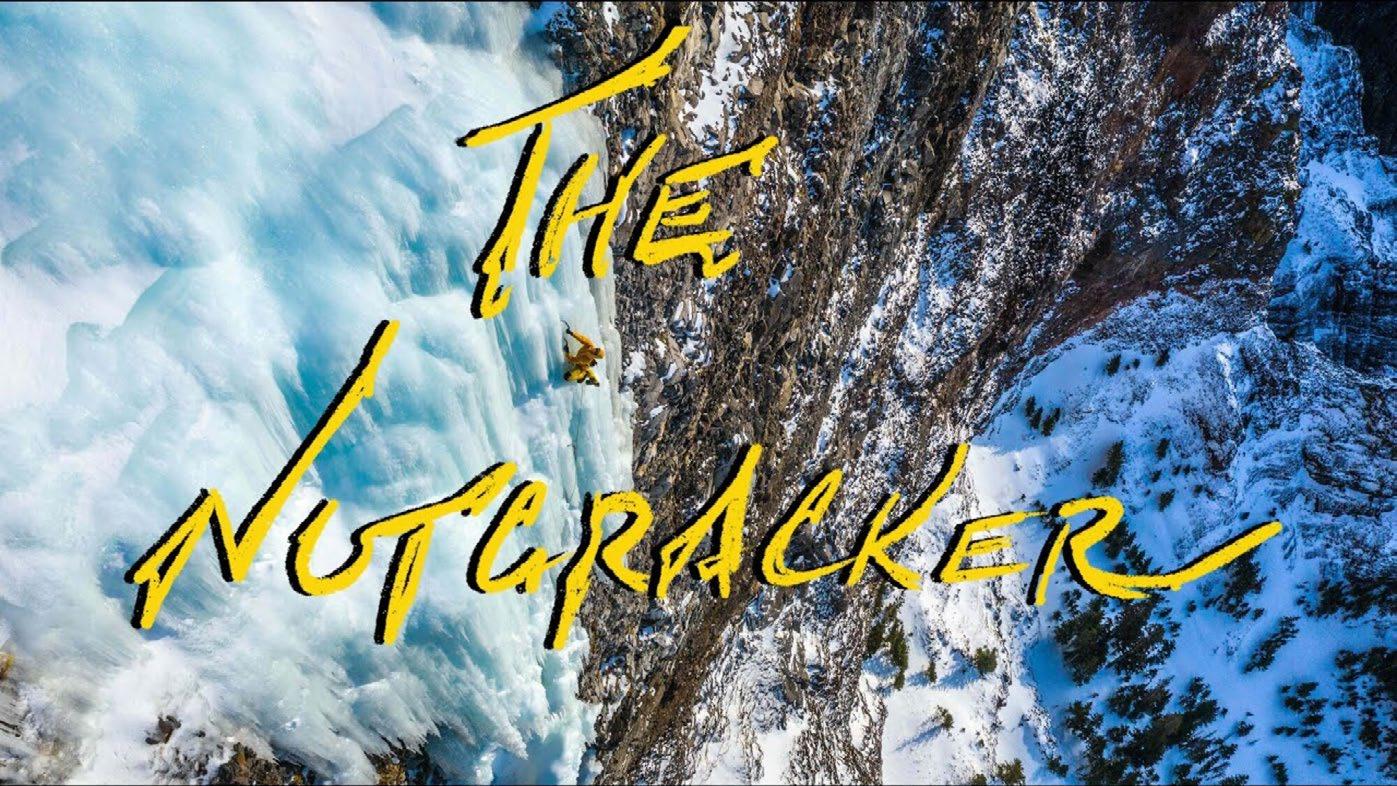
1 minute read
Watch
THE NUTCRACKER: MATT CORNELL & CONRAD ANKER
The visually stunning Winter Dance Wall in Montana’s Hyalite Canyon is one that would tempt any eager ice-climber. In this film, its ethereal expanse sets the stage for a spectacular ascent.
Advertisement
The Nutcracker follows Matt Cornell as he attempts the first solo climb up the titular route, established by co-star Conrad Anker. The film highlights how Cornell takes the time to connect with the area, immersing himself in the ecosystem and learning to work alongside the mountain and its inhabitants. The goat cameos offer delightful comic relief.

More than a highlight reel to the attempt, the film explores the history of the area, in terms of both climbing and the natural world. There is homage to Anker’s late friend Alex Lowe whose first ascents
Over 45 minutes, Ian Overton shares his journey as a climber, and the seemingly random and fortuitous connections and events that led to him attempting this notoriously challenging adventure. With disarming honesty, he details a borderline slapstick series of unfortunate events that go from bad to worse. Starting with a bad
The end sees not a summit, but a need to abandon the attempt altogether. Speaking about the impact of the journey on his physical and mental health, Ian details navigating PTSD upon his return to “real life”. There is a humbling openness to his story, validating that even if you’re doing something you love, it can be hard and it can be traumatic. And it can challenge and change you both during and long after your experience.
Available online at Fortheloveofclimbing.com sparked a legendary legacy. Anker doesn’t shy away from sharing the emotional weight that being in the area and supporting this climb has for him.
We often wonder what exactly it is that drives climbers to attempt extraordinary exploits like this one, and this is something a number of characters consider throughout the film. For Cornell, it’s the process of finding the next thing to test his limits. The gravity of the attempt isn’t lost on him, with constant references to his own mortality and mental state.
Spoiler alert: you never actually see Cornell send it. We’re just told the date it happened. He kept it to himself when he did it, and I think that’s kinda nice.
Available on YouTube.










